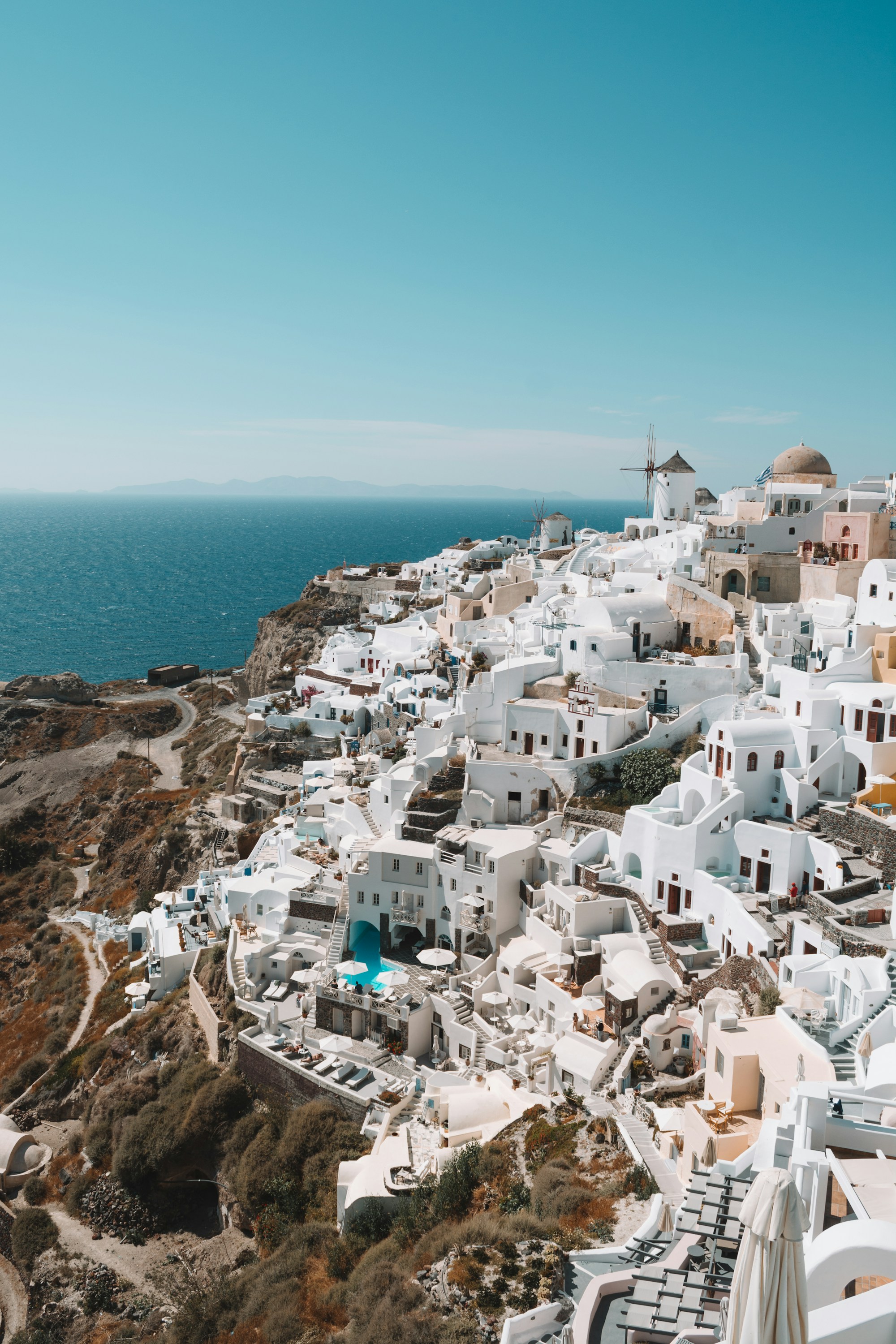Discover Mykonos: Local History, Customs, and Festivals Guide

Introduction to Mykonos
Mykonos, part of the Cyclades islands, is renowned for its stunning landscapes, vibrant nightlife, and rich cultural history. Located in the Aegean Sea, this Greek island is a blend of traditional charm and modern luxuries, making it a prime destination for travelers from around the globe.
Local History
Mykonos has a fascinating history that dates back to ancient times. The island was named after Mykons, the nephew of the Greek god Apollo. Its historical significance is highlighted by its ancient ruins, including the nearby island of Delos, one of the most important mythological, historical, and archaeological sites in Greece.
Throughout the Byzantine era, Mykonos thrived as a significant trade hub. During the Middle Ages, the island was controlled by the Venetians. This historical blend is evident in the architecture and infrastructure of Mykonos, displaying influences from different eras and cultures.
Customs and Traditions
Mykonos retains a wealth of customs and traditions that reflect its rich cultural heritage. The local customs are rooted in a blend of religious, historical, and regional influences.
Hospitality
One of the defining characteristics of Mykonian culture is its hospitality. Known as "filoxenia," the locals take pride in welcoming visitors with warmth and care.
Culinary Traditions
Mykonos’ cuisine is a delectable blend of local ingredients and traditional recipes handed down through generations. Key dishes include:
- Louza: A cured pork delicacy, seasoned with spices and wrapped in the intestine.
- Kopanisti: A local spicy cheese that pairs well with bread and tomatoes.
- Seafood: Fresh from the Aegean Sea, dishes like grilled octopus and Mediterranean mussels are common.
Religious Practices
Religion plays a significant role in daily life and festivities on Mykonos. The island has numerous churches and chapels, some of which are centuries-old. The Church of Panagia Paraportiani is one such iconic landmark, renowned for its unique architecture.
Festivals and Events
Mykonos is home to a variety of lively festivals and events that celebrate its culture, history, and community. Some of the most notable include:
Easter
Easter is one of the most important religious events on the island. The celebrations include traditional customs such as candlelit processions, feasts featuring roasted lamb, and the preparation of red-dyed eggs.
St. John’s Festival
Celebrated on June 24th, this festival marks the arrival of summer. Locals light fires and jump over them, a custom rooted in ancient pagan traditions.
Mykonos Biennale
This contemporary art festival, held every two years, brings together artists from around the world. It includes performances, exhibitions, and workshops in various iconic locations across the island.
Feast of Panagia Tourliani
Held on August 15th, this religious festival honors the Virgin Mary and features religious services, traditional music, dance, and local delicacies.
Other Notable Events
- Gay Pride Festival: A vibrant celebration of LGBTQ+ rights with parades, parties, and performances.
- Harvest Festival: This takes place in September at the Agricultural Museum in Ano Mera, showcasing local produce, traditional music, and dance.
- Rockwave Festival: An annual music festival that attracts international artists and a diverse audience.
Conclusion
Mykonos is more than just a beautiful island; it's a cultural gem offering a mix of rich history, customs, and festive events. Whether exploring ancient ruins, enjoying local culinary delights, or partaking in vibrant festivities, visitors will find Mykonos to be a culturally enriching destination.
